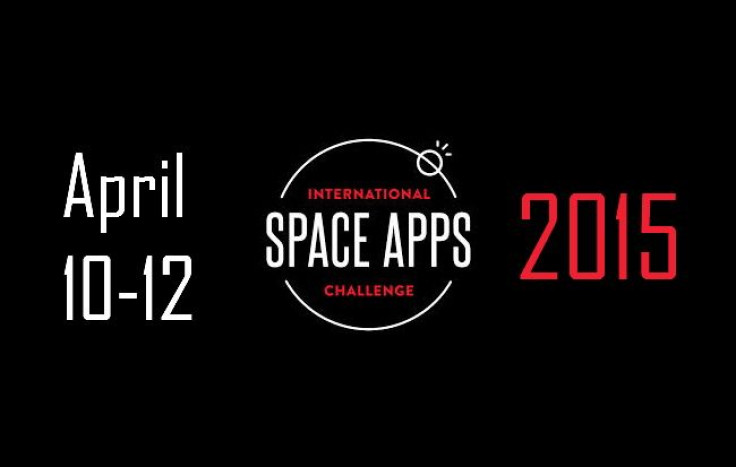NASA Collaborates With IBM For Annual Space Apps Challenge

NASA’s ambitious International Space Apps Challenge is taking place this weekend in over 160 nations across the globe. The space agency, which is collaborating with IBM for the fourth edition of the annual event, is looking to seek the involvement of scientists and entrepreneurs across the globe to create software that can attack a range of problems -- from climate change to manned space flight.
The aim of the event is to “design innovative solutions for global challenges” through the involvement of “technologists, scientists, designers, artists, educators, entrepreneurs, developers and students across the globe,” according to a statement published on the event website. The main themes for this year’s challenge are Earth, Outer Space, Humans and Robotics.
For example, one of the challenges asks participants to plan, design and simulate a mission to explore an asteroid, while another seeks to improve the technology used for mapping drinking water resources on Earth.
During the competition, participants would have access to 200 NASA data sources and IBM’s cloud services through its Bluemix Platform. The idea behind the challenge is to use analytics tools on Bluemix to develop tools to efficiently utilize publicly available data.
“There's this huge mass of people all around the world who are incredible fans of NASA and space in general,” Sean Herron, a member of the original NASA team that started the challenge in 2012, reportedly said, adding that the event aims to “tap all of this genius and bring them together, and have one big event to try and solve what we call ‘problems of a global nature.’”
Ultimately, two projects from each city will qualify for global judging. IBM, which has recently been involved in “hackathon” events at Howard University and is also a part of Citibank’s financial technology innovation event, will offer 30 awards for the most innovative use of Bluemix. Moreover, winning apps might be used in future NASA projects.
© Copyright IBTimes 2024. All rights reserved.












